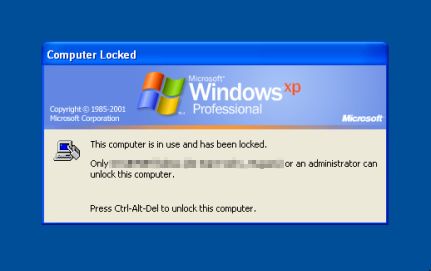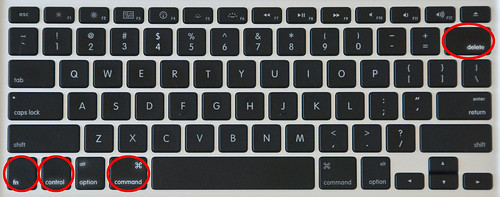On payments
Ohad Sammet, writing for TechCrunch:
“We hear a lot of chatter about new payment services, and who’s competing in the space, and obviously who’ll win the space or own a big piece of it. Lately we’ve seen some movement when both Apple and Google announced new payment options for digital publishers and exchanged a few blows. So are the giants going to displace PayPal soon?”
The current chatter about new payment services is usually triggered by extrapolations of the promises of NFC technology that is getting built into newish mobile hardware. There's a lot of valid discussion that can be had about this topic, but Apple's (or Google's) recent announcements of their terms for subscriptions have very little to do with it.
The subscription services launched by Apple and Google have to do with the cost structure of publishing content on their platforms, and what is the cut that is retained before paying the publishers. This is completely unrelated to the underlying payment infrastructure that is used to make these transactions.1
“The bottom line is that it is much harder to compete in payments using the same path PayPal took 10 years ago. Creating yet another network based on existing methods is a “me too” strategy that doesn’t provide real incentive for merchants to switch [...]. This is not real disruption. What is, then? I’m betting on two trends—payroll (becoming the wallet, getting people to keep their money with you) and short term credit (built from the ground up to be a robust system). This warrants a whole different discussion. Right now, however, it seems that Google and Apple are not going down those paths or presenting an alternative; and until they do so I believe they won’t be serious players in core payments.”
I don't see anything that would indicate that Google and Apple are not going down those paths, because as mentioned above, the subscription announcement have got nothing to do with this. (Neither do I see, by the way, anything that would indicate they are going down those paths, beyond rumors.)
What is clear however is that real disruption is exactly what is needed ; most of the complexities of payment systems today have to do with the existing cost structures and current infrastructure capabilities, and neither of these are immune to changes.
As Ohad mentions, using bank payments today has massive implications in terms of taking on risk for short-term credit. But in a connected world, I struggle to see any technological reason why a transaction between a payer and payee cannot be instantiated, validated and confirmed in a matter of seconds. This would eliminate the need for any payment processor to take on that short term credit risk.
And credit card payments are saddled with overly complex cost structures and terms, which — besides the fact that they are a golden goose for the likes of VISA and Mastercard — are obstacles to massive-scale acceptance as a peer-to-peer payment system — even with the beautiful work of companies like Square. The fees for merchants are variable depending on the terms of their contracts, on the physical presence of the card (swipe) and they are a confusing combination of both fixed costs (percentage of transaction) and variable costs (flat fee) ; although here again, Square must be applauded for taking this on and doing away with the confusing flat fee.
These constraints are based on antiquated systems and therefore heightened risk, and there is much potential for disruption here. There is also no reason whatsoever that a rectangular piece of plastic be required for effecting a payment. That is I think the last ball and chain of companies like Square, and while the ubiquity of the plastic card is what enables them to get the initial penetration and acceptance required for success, I also hope that they are already preparing for a future where these anachronistic artifacts are happily forgotten.
1. In Apple's case, the user pays 100% of the cost of the transaction using their iTunes account, which is backed by a credit card. Apple then distributes 70% of that to the publisher, usually via once-a-month bank transfers. None of that is changing. ↩
Labels: Apple, google, Mastercard, mobile, payments, PayPal, Square, VISA

![ Magic Trackpad + Keyboard [no.1]](http://farm5.static.flickr.com/4075/4878590760_e98705dabf.jpg)
![ Magic Trackpad + Keyboard [no.2]](http://farm5.static.flickr.com/4122/4878590720_3cabdd3508.jpg)
![ Magic Trackpad + Keyboard [no.3]](http://farm5.static.flickr.com/4139/4877981317_6b862c8d8a.jpg)





